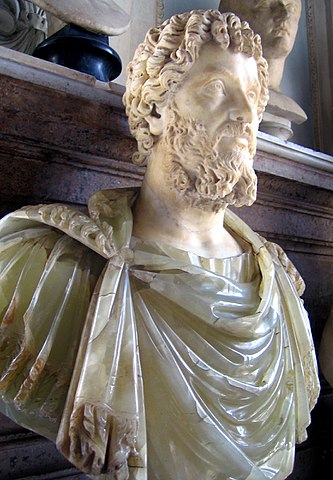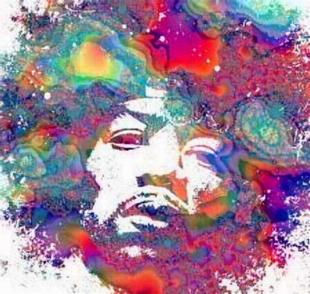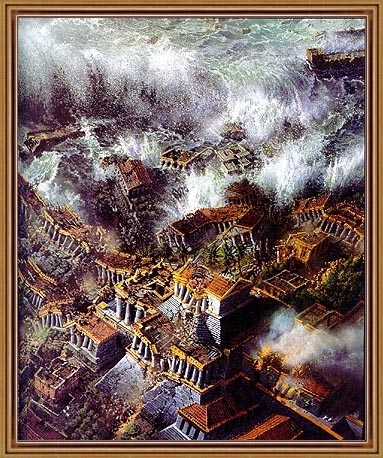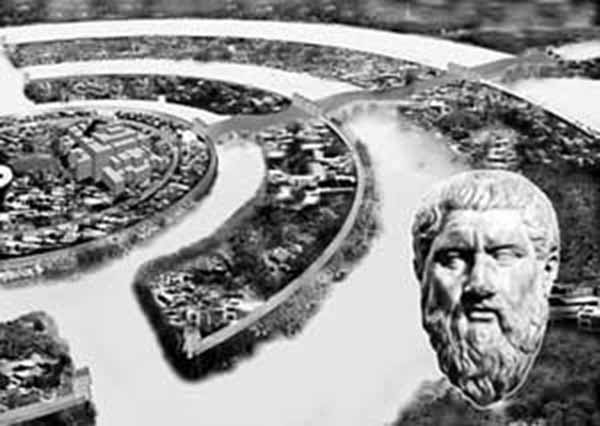I love a good Atlantis story, and I despair a bit that Atlantis has never quite broken into modern pop culture, at least not in a way with much gravitas.
For sci-fi geeks, there was the Stargate Atlantis series and for kids there was Disney’s Atlantis: The Lost Empire. Some big name authors have written about Atlantis, like Clive Cussler with his espionage thriller Atlantis Found, but generally Atlantis stories are considered genre and niche.
It’s time for a full-on Atlantis blitz, on the order of vampires, post-apocalyptic dystopias and zombies. Here’s why the time is right.
5. The Every-Thirty-Years Theory: Sociologists say our culture is cyclical.
Political, social and even artistic trends tend to fall in and out of fashion every
thirty years.
This is good news for Atlantis fans because the last decade of major Atlantis popularity was the 1980s. Here’s a look back in thirty year spans.

“Psychic” Edgar Cayce
1920s:
Atlantis makes its silver screen début with the French/Belgian silent movie L’Atlantide, Scottish journalist and folklorist Lewis Spence publishes his seminal book The History of Atlantis. Pop-psychic Edgar Cayce claims that he can contact ancient Atlanteans.
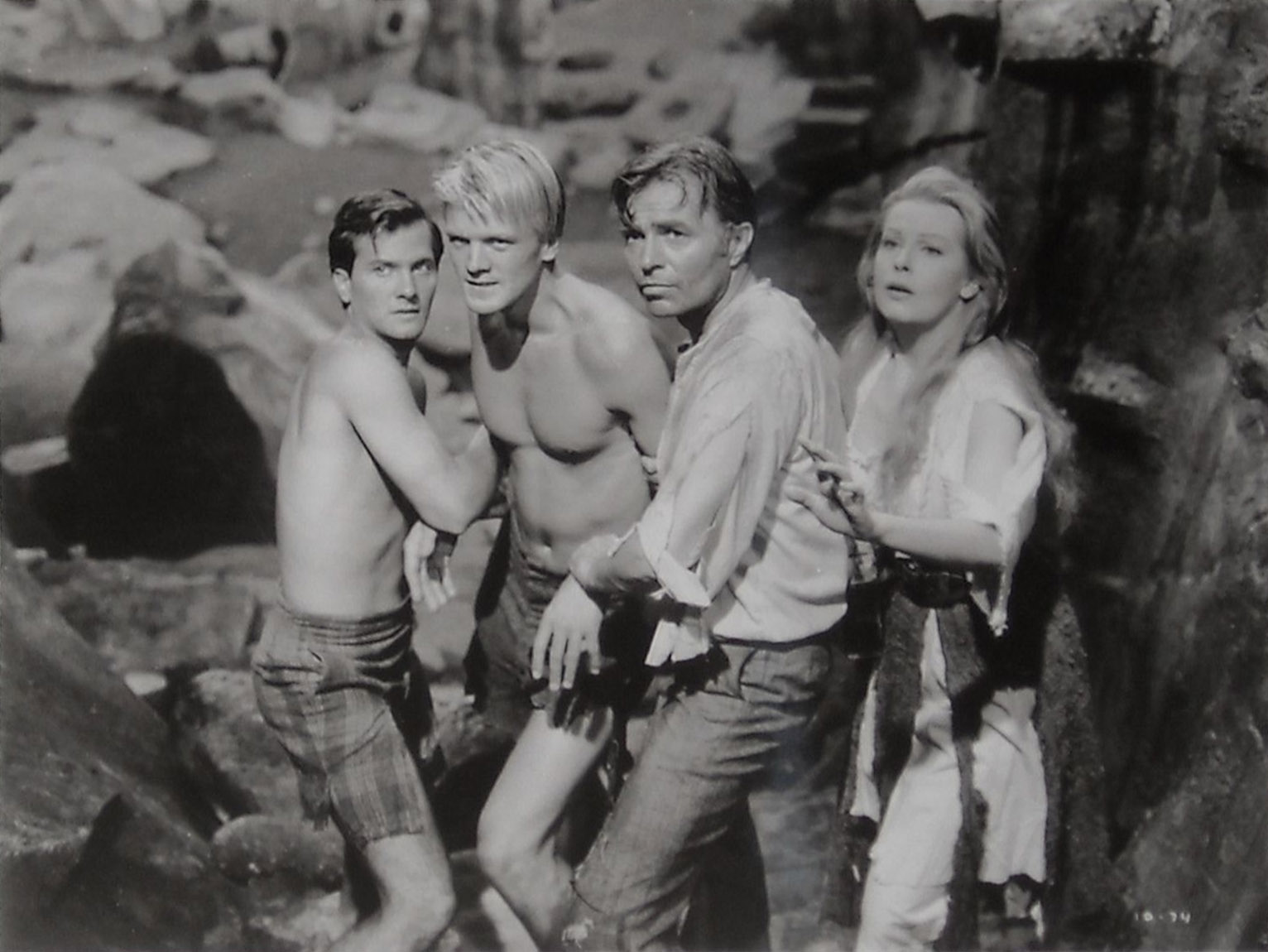
From the 1959 film adaptation of Jules Verne’s Journey to the Center of the Earth
1950s:
Jules Vernes’ Journey to the Center of the Earth is made into a movie. Pulp author Lester Del Rey, who will become the founder of Ballantine’s sci fi/fantasy imprint Del Rey books, publishes Attack from Atlantis. Atlantis:The Lost Continent becomes the first Hollywood studio production about the legend (OK, that’s stretching decades just a touch; the movie came out in 1961).

Screen shot of Atari’s Atlantis
1980’s:
Best-selling Australian author Marion Zimmer Bradley takes on Atlantis with her epic Fall of Atlantis. The award-winning film Cocoon is based on extraterrestrial myths about Atlantis. Atari is inspired and releases an Atlantis video game.
4. Everyone loves Greek Mythology: Recent projects about Ancient Greece are a warm-up for the BIG Atlantis breakthrough.
 There’s Rick Riordan’s Percy Jackson book series and movie franchise, the 2010 reboot of Clash of the Titans (from the original 1981 movie — see #5 above), along with films like 300 and Immortals.
There’s Rick Riordan’s Percy Jackson book series and movie franchise, the 2010 reboot of Clash of the Titans (from the original 1981 movie — see #5 above), along with films like 300 and Immortals.
3. Young adult fantasy author T.A. Barron just released the Atlantis Rising series.

2. BBC’s Atlantis mini-series just came to the small screen for Fall 2013.
1. You know where this was leading: Andrew J. Peters’ The Seventh Pleiade, upcoming in November 2013, begins a new epic series retelling the story of Atlantis. (And is available for pre-order by the way).
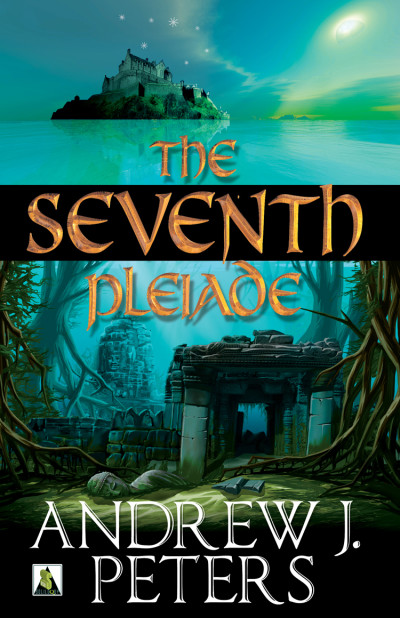 *Note: This article is not meant to be taken entirely seriously 🙂
*Note: This article is not meant to be taken entirely seriously 🙂







